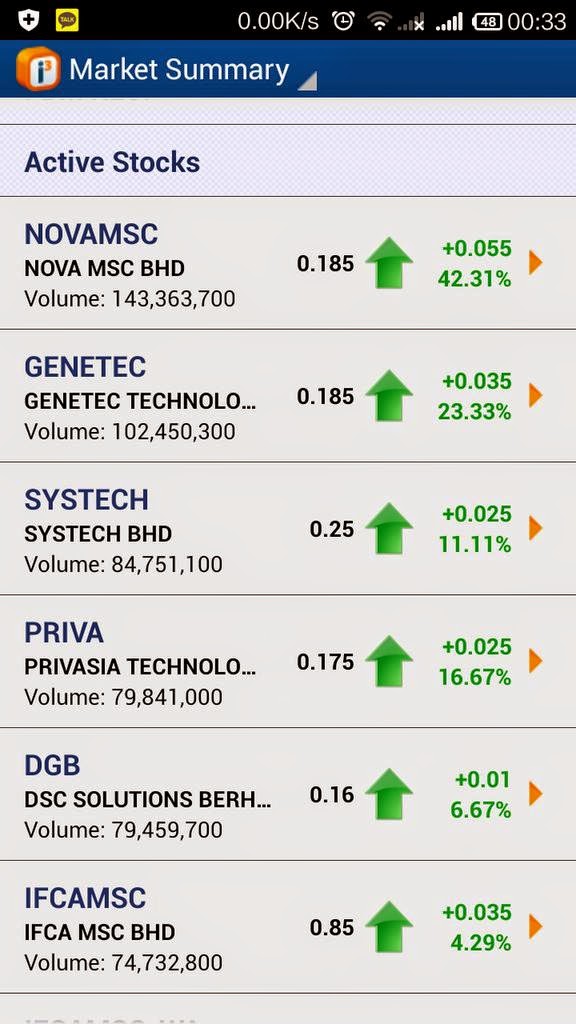If you’re an investor looking to dabble in the world of penny stocks, you may be wondering if Webull is the right platform for you. Penny stocks, with their low share prices and high volatility, can be an enticing opportunity for investors seeking quick gains.
In this article, we will explore whether Webull offers penny stocks, discuss the fees involved, and delve into the performance and risks associated with these stocks in 2022.
Can You Trade Penny Stocks at Webull?
Yes, Webull allows users to trade a wide range of penny stocks. Unlike some other platforms that restrict trading in certain securities, Webull provides access to these low-priced shares, offering opportunities for investors looking to capitalize on potential profits.
With an intuitive interface, real-time market data, and competitive pricing options, Webull makes penny stock trading accessible and cost-effective. However, it is important to exercise caution and conduct thorough research due to the inherent risks associated with investing in volatile penny stocks.
Webull Penny Stock Fees, Withdrawal Fee, and More
When it comes to trading penny stocks on Webull, it’s important to consider the associated fees. While the platform itself does not charge any commission fees for trades, there are still additional costs that you need to be aware of.
One aspect to note is the regulatory and exchange fees involved in trading penny stocks. Although these fees are generally minimal, they can accumulate over time if you engage in frequent trading activities. It is essential to carefully review these charges before delving into penny stock trading on any platform.
In terms of withdrawals, Webull does not impose a withdrawal fee for standard withdrawals. However, it’s worth noting that expedited or wire transfers may incur additional charges. To avoid any surprises, it is always recommended to check with your specific bank or financial institution regarding potential fees they may impose.
To provide a clearer overview of the fees associated with trading penny stocks on Webull, here is a breakdown:
| Fee Type | Description |
|---|---|
| Commission Fees | There are no commission fees charged by Webull for trading penny stocks. |
| Regulatory and Exchange | Minimal fees imposed by regulatory bodies and exchanges for penny stock transactions. |
| Withdrawal Fee | No withdrawal fee for standard withdrawals; additional charges may apply for expedited or wire transfers. |
By understanding these aspects related to fees and withdrawals on Webull, you can make informed decisions when engaging in penny stock trading. It’s crucial to be aware of all the costs involved so that you can effectively manage your investments and maximize your returns without any unexpected financial surprises along the way.
Poorly Performing Penny Stocks in 2022
Trading penny stocks on Webull comes with both potential gains and losses. In 2022, some penny stocks have performed poorly due to economic downturns, regulatory changes, or company-specific issues. Investors need to conduct thorough research and due diligence before investing in any penny stock, regardless of the trading platform.
These stocks are highly volatile and can experience sharp price fluctuations, making it crucial to stay informed and make informed choices based on market trends and company news.
In summary, trading penny stocks in 2022 carries risks, and investors must be cautious. Thorough research is necessary before investing in any penny stock to mitigate potential losses. Stay updated on industry news and use available resources to assess which stocks may perform poorly or show growth potential in this volatile market.
Well-Performing Penny Stocks in 2022
Despite their reputation for volatility, some penny stocks have shown exceptional performance in 2022. These stocks have proven their resilience in challenging market conditions or have capitalized on favorable industry trends.
For Webull investors, it is crucial to identify these well-performing penny stocks and analyze financial statements, industry trends, and company news to make informed investment decisions.
By considering factors like a company’s ability to weather difficult market conditions and its alignment with growing sectors, investors can potentially find penny stocks with the potential for future growth and profitability.
Why Are Penny Stocks So Risky?
Penny stocks are risky investments for several reasons. Firstly, they often lack liquidity, making it difficult to buy or sell shares at desired prices. Secondly, penny stocks are known for their high volatility, with prices fluctuating wildly and unpredictably.
Additionally, these stocks provide limited information about their operations and financial health, making it challenging to assess their true value. Lastly, penny stocks are more susceptible to fraud due to low share prices and limited regulatory scrutiny.
Investors must approach penny stocks with caution and conduct thorough research to mitigate potential risks.
[lyte id=’8TB_E8pT3aA’]




